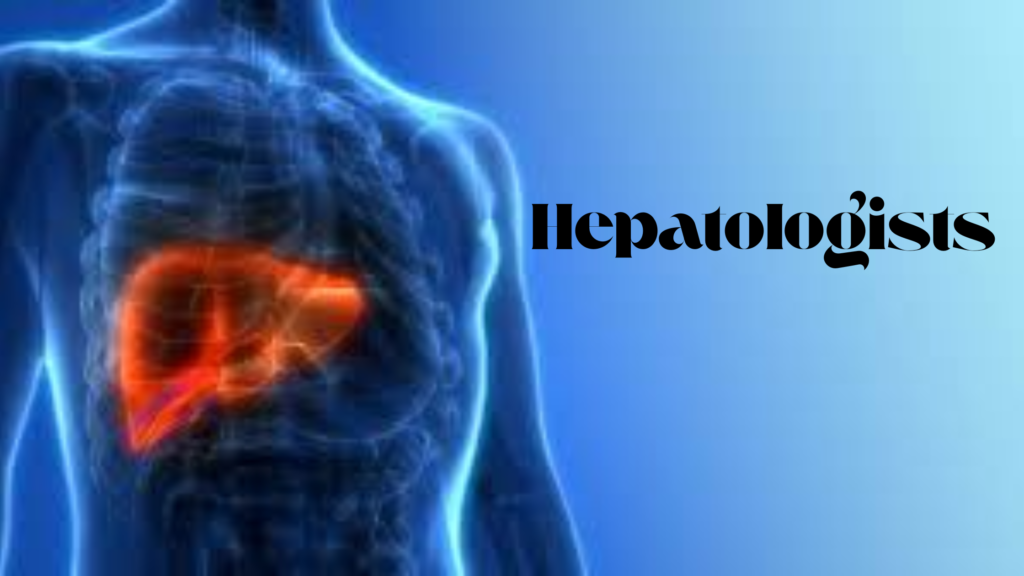🏥 About Hepatologists
A hepatologist is a medical doctor who specializes in the diagnosis and treatment of diseases of the liver, gallbladder, biliary tree, and pancreas. While hepatology is often part of gastroenterology, some hepatologists focus exclusively on liver-related disorders.
🩺 What Does a Hepatologist Do?
Hepatologists manage:
- Liver diseases (acute and chronic)
- Cirrhosis (scarring of the liver)
- Hepatitis A, B, C, D, and E
- Fatty liver disease (NAFLD/NASH)
- Alcoholic liver disease
- Liver cancer (Hepatocellular carcinoma)
- Liver transplantation evaluation and follow-up
- Genetic liver diseases (e.g., Wilson’s disease, hemochromatosis)
- Gallbladder or bile duct disorders
- Pancreatic diseases (sometimes overlapping with gastroenterology)
🧬 Common Liver Conditions Treated
| Condition | Description |
|---|---|
| Hepatitis | Inflammation of the liver due to viruses, alcohol, or toxins |
| Cirrhosis | Advanced liver scarring from long-term damage |
| Fatty Liver (NAFLD/NASH) | Fat accumulation in the liver (non-alcoholic) |
| Liver Cancer | Often secondary to cirrhosis or hepatitis |
| Hemochromatosis | Too much iron in the liver |
| Wilson’s Disease | Copper buildup in the liver and other organs |
| Primary Biliary Cholangitis (PBC) | Autoimmune bile duct disease |
| Primary Sclerosing Cholangitis (PSC) | Inflammation and scarring of bile ducts |
🧪 Tests and Procedures Used
- Liver function tests (LFTs)
- Imaging: Ultrasound, CT, MRI, FibroScan (for liver stiffness)
- Liver biopsy
- Endoscopy (if bleeding from varices is suspected)
- Viral hepatitis panels
- Genetic and metabolic tests
⚠️ When to See a Hepatologist
- Abnormal liver function tests
- Jaundice (yellowing of skin/eyes)
- Persistent fatigue, nausea, or right upper abdominal pain
- Diagnosed or suspected hepatitis
- Alcohol-related liver problems
- Signs of liver failure (fluid retention, confusion)
- Evaluation for liver transplant
